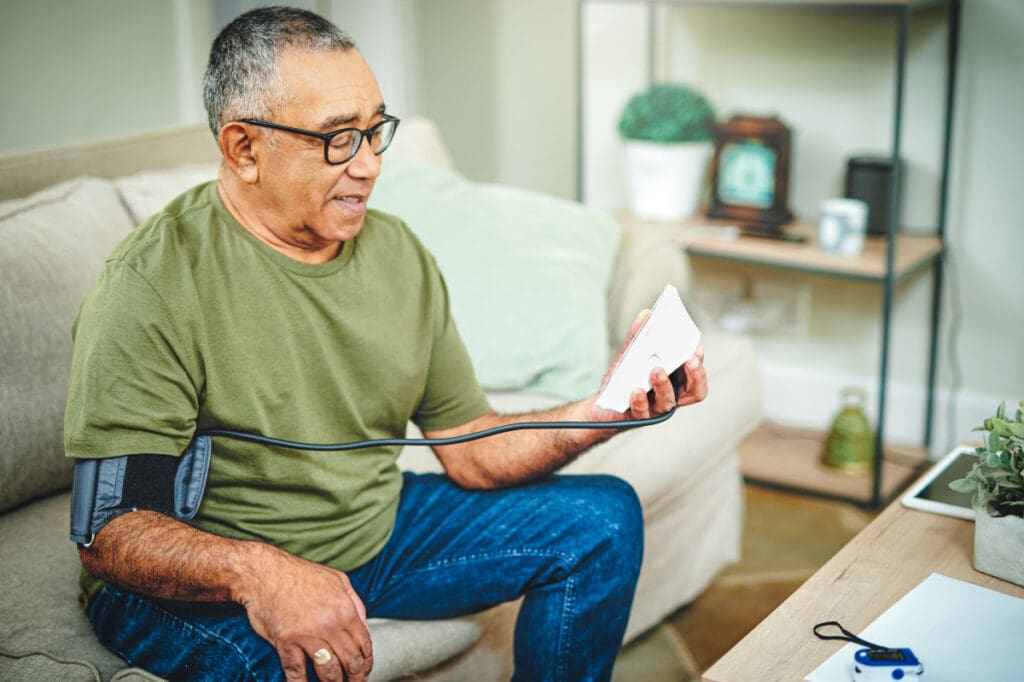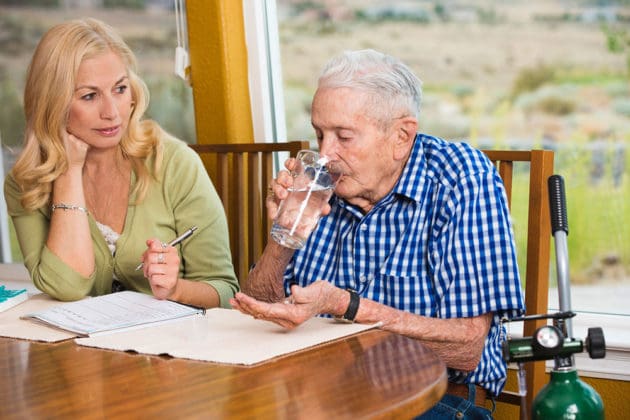
When you’re caring for a loved one, it’s easy to neglect your own health. But to do the best job as a caregiver, putting yourself (and your health) on the priority list is important. Seeing to your own well-being can reduce stress, help you manage caregiving responsibilities, and improve your quality of life.
How long has it been since your last physical? If it’s been a while, make an appointment. Ditto for dental check-ups and eye exams.
Health Checklist for Doctors Visits
Regular physicals are essential for caregivers. They allow your doctor to assess your overall health, and because they are usually longer than visits for specific conditions, you’ll have more time to discuss any concerns.
Find a doctor you’re comfortable with, one you can talk to about your concerns. Choose a doctor who will help you to identify risk factors and take steps to prevent problems or catch them early, rather than simply treating conditions as they arise.
Your well-being is just as important as your loved one’s. See our Self-Care for Caregivers Guide to learn how you can stay healthy and provide the best care for your loved one.
Think ahead
To make the most of your appointment, take time beforehand to think about any recent changes to your health and lifestyle. Remember to bring paper and a pen so you can take notes.
Talk about lifestyle
Let your doctor know you’re a caregiver! Plan to discuss how you’re coping with stress, and be sure to mention any changes you or others have noted in your appearance or habits. Have you lost or gained weight? How are you sleeping?
It’s also a good idea to discuss your diet, stress level, and exercise program, or plans for one. If you don’t exercise regularly and want to start, ask about any limitations and get the go-ahead from the doctor. Find out whether caregiving activities, such as lifting your loved one, are stressing your joints.
Ask about screening tests
- Blood lipid panel
- Fasting blood sugar test every 3 years after age 45
- Screenings for colon and rectal cancers starting at age 50
- Skin exams to look for signs of skin cancer
- Eye exam every 3–5 years, including screens for glaucoma and cataracts
- Dental check-ups twice a year
- For men: Screening for prostate cancer (with a prostate-specific antigen test) starting at age 50
- For women: Screening for breast cancer (with a mammogram) every year or two, starting at age 40; annual pelvic exams and a Pap test at least every 2–3 years; regular thyroid tests after age 45; and bone density test after menopause
Your doctor may alter the timing of some of these tests, depending on your family history.
Ask about vaccinations
Flu, pneumonia, and shingles vaccinations will help you stay healthy and minimize your loved one’s exposure to preventable illnesses.
Don’t be afraid to ask questions
If your doctor says something you don’t understand, ask for clarification.
Lifestyle Checklist
Make an effort to develop and practice healthy habits:
- Eat a balanced, nutritious diet.
- Get enough sleep.
- Quit smoking.
- Manage stress and negative emotions.
- Strive to maintain a good work–life balance.
- Develop positive, supportive relationships.
- Exercise regularly.


